As some of you may have noticed, I’m on a Twitter break. To get through the home stretch of finishing my manuscript, I deactivated my account. And it’s helping. I am focussed. I am driven. I am not wasting time or words on social media that could instead be directed towards my novel.
Until this break, I hadn’t realised just how much headspace Twitter consumed. Specifically, gender discourse on Twitter dot com. As the issue has entered the mainstream, affecting legislation and policy in various countries, there’s an avalanche of new developments. I’m sure plenty has happened since @ClaireShrugged went on hiatus. Maybe another medical institution erased women while acknowledging men. Perhaps another male celebrity started pontificating about how women just need to Be Kind about losing our spaces, rights, and services. I don’t know. And I don’t want to know. Because giving myself permission to look away, letting go of the obligation to react, has been a blessing.
Twitter is a funny space, full of contradictions. At 21 years old I felt infinitely more comfortable describing myself as lesbian in tweets read by strangers than I did coming out to my biological family. Admittedly I had a much smaller following then, but still – on Twitter I could make myself anew, untethered by any expectations of who I was or should be. It’s where I first connected with the radical feminist community and met friends who have become part of my chosen family.
This weekend I’m travelling down to the North of England to visit three radical feminists; women who started off as Twitter mutuals, and have become dear friends. It’ll be the first time I’ve hung out with friends met through the feminist movement in person since before the pandemic, and I have desperately missed that feeling of sisterhood. While those relationships have grown beyond the arena of social media, I am very much aware that Twitter was what facilitated those connections in the first place. After all, rural Scotland isn’t exactly a hotbed of radical feminist activity. Or it wasn’t, back when I first started looking for other radfems, though #WomenWon’tWheesht marks a shift.
Twitter is where someone with an account full of abuse directed towards women they deemed “TERFs” posted my home address and a photo of the house where I live with my grandmother.
That being said, Twitter isn’t always a wholesome environment to inhabit. Twitter is where a man told me he wanted to run me over, and then reverse over my broken body to make sure I was dead. Twitter is where a man told me that I should be raped, or better yet killed, for describing myself as same-sex attracted. Twitter is where someone with an account full of abuse directed towards women they deemed “TERFs” posted my home address and a photo of the house where I live with my grandmother.
So many people – men in particular – have capitalised on gender discourse. Under the veneer of allyship, they use it as a ‘legitimate’ outlet for their own violent misogyny; a way of broadcasting their hatred of women without incurring any social or professional penalty. And if you have ever had the misfortune of being targeted by these men, you will know that it’s not easy to live through.
What makes it harder to bear is that straight feminists who would ordinarily challenge violent misogyny in all its forms choose instead to stay silent. They ignore the abuse, the threats, the campaigns of targeted harassment levelled against us. Especially if the victim happens to be lesbian. And – when we try to speak about our experiences of abuse – they accuse us of fabricating or weaponising that trauma. Their behaviour amounts to gaslighting. And it is isolating, crazy-making cruelty.
I don’t miss that aspect of Twitter. Shortly before going on hiatus, I pointed out that if certain straight feminists treated trans-identifying people the way they behaved towards lesbians, they would be accusing one another of transphobia. Not in a thousand years would these women consider accusing a trans person coming forward about abuse of “weaponising their trauma.” I think some straight feminists have a difficult time recognising lesbians as victims in any context, because they buy into homophobic stereotypes that paint us as unfeeling and unnatural women.
What makes it harder to bear is that straight feminists who would ordinarily challenge violent misogyny in all its forms choose instead to stay silent. Especially if the victim happens to be lesbian.
Participating in gender discourse on Twitter can feel futile, because – no matter how much care or compassion goes into crafting an argument – it will be misconstrued. A radical feminist will say “I want to abolish the hierarchy of gender”, and someone will claim she wants to exterminate all trans-identifying people. A radical feminist will say “I think there’s a way to resolve this conflict while meeting the needs of women and trans-identifying people both”, and be accused of denying trans rights.
Such acts of intellectual dishonesty only serve to widen the schism around gender. And trying to bridge that divide seems hopeless, when you’re engaging with someone who is more invested in demonising you than meeting you halfway. Whereas writing a novel is easier. And infinitely more joyful. All one must do is tell a good story in an authentic way. All stories are interpreted in a variety of ways – but that’s how it should be, with art.
I will come back to Twitter when my manuscript is done. And gender discourse. Otherwise, the burden simply falls to other women – often lesbians. Yet I will continue to enjoy this break; and give myself more in the future, too.
Claire Heuchan is an author, essayist, and Black radical feminist. She writes the award-winning blog, Sister Outrider.

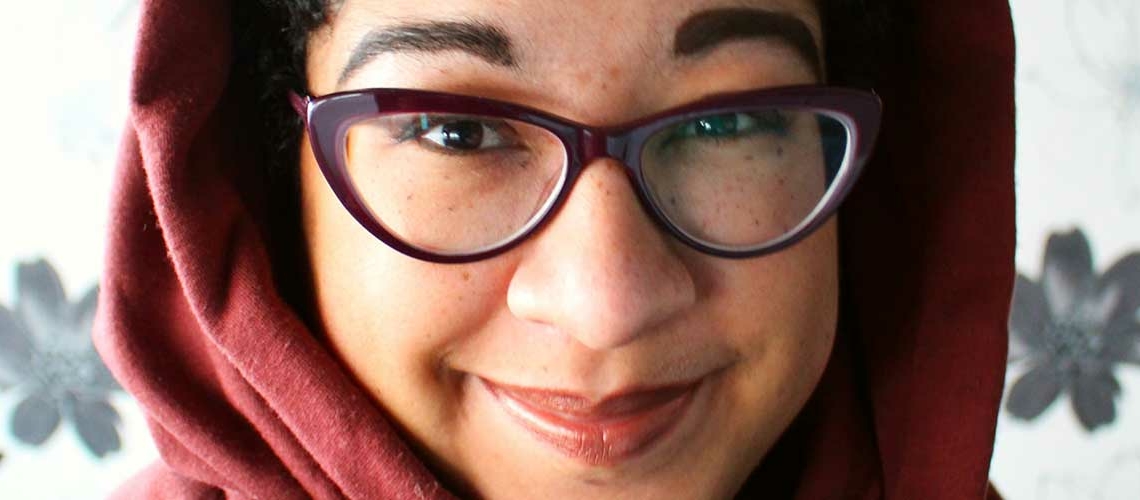


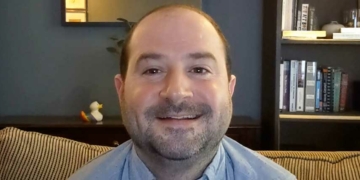


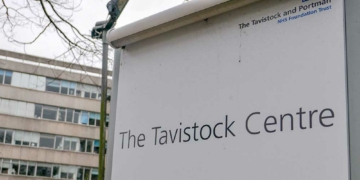








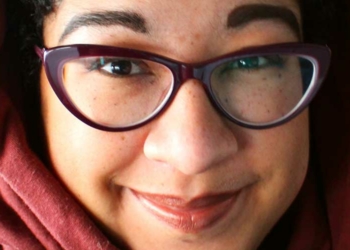

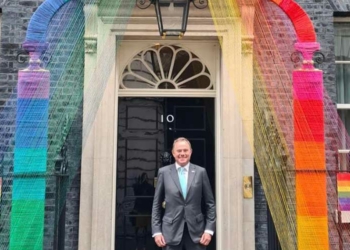





This is such an excellent essay, especially the feisty parts! Enjoy your hiatus from Bizarro World.